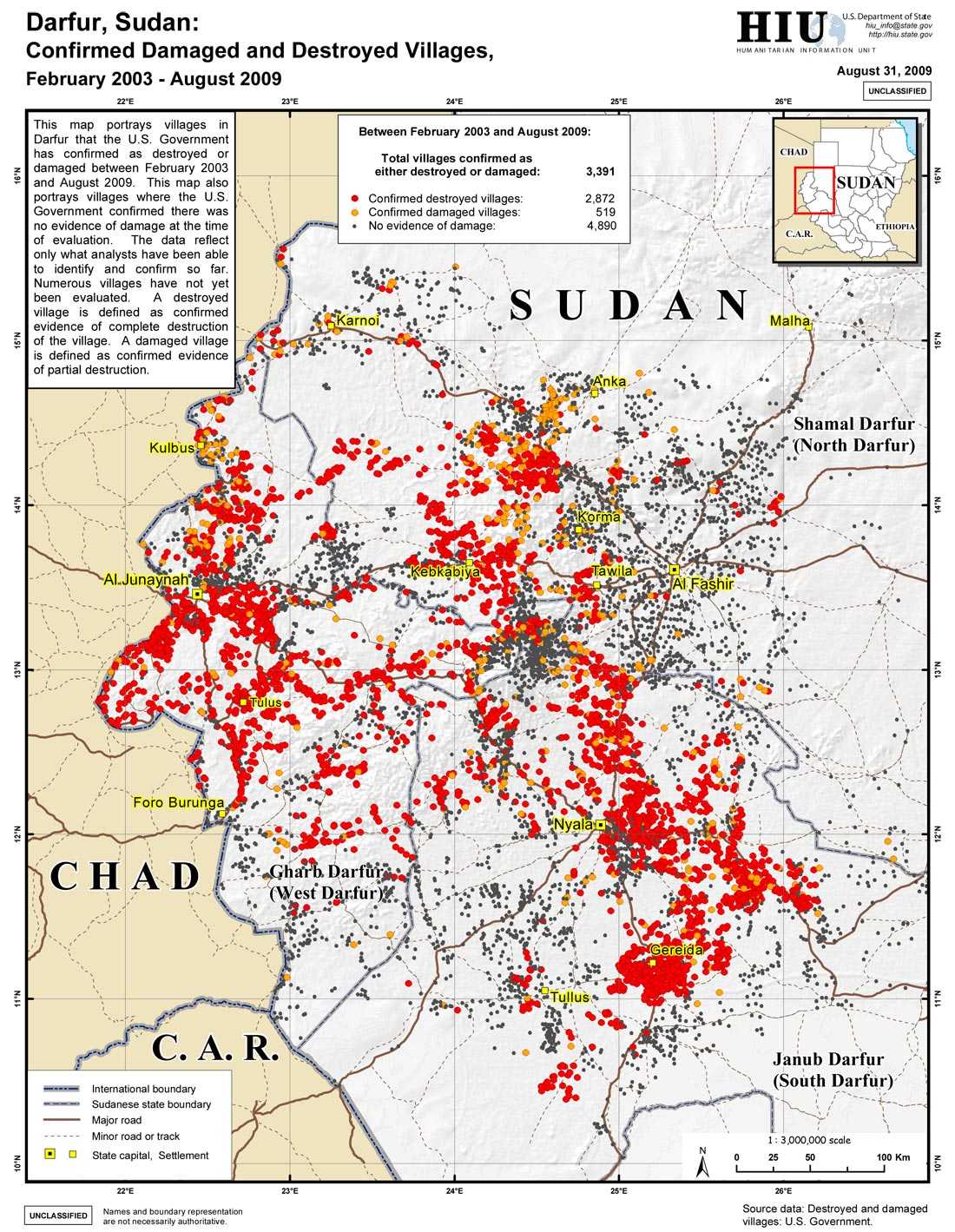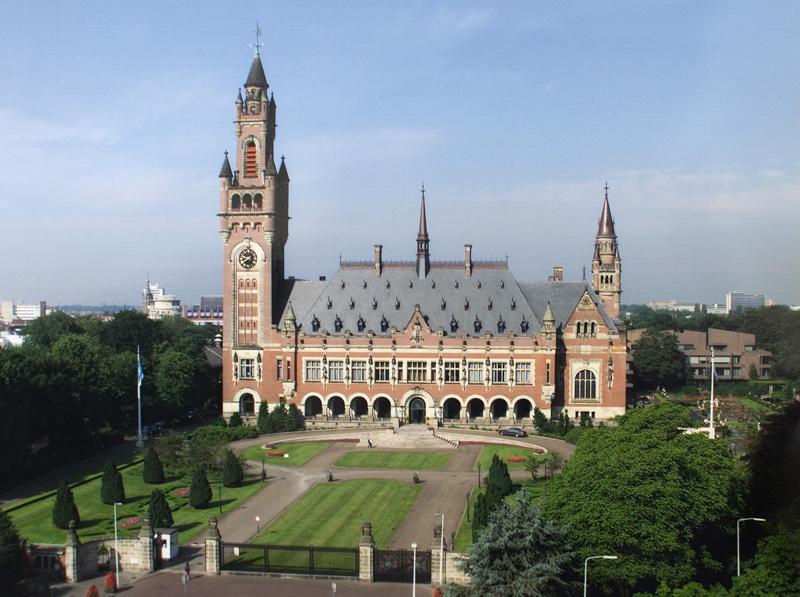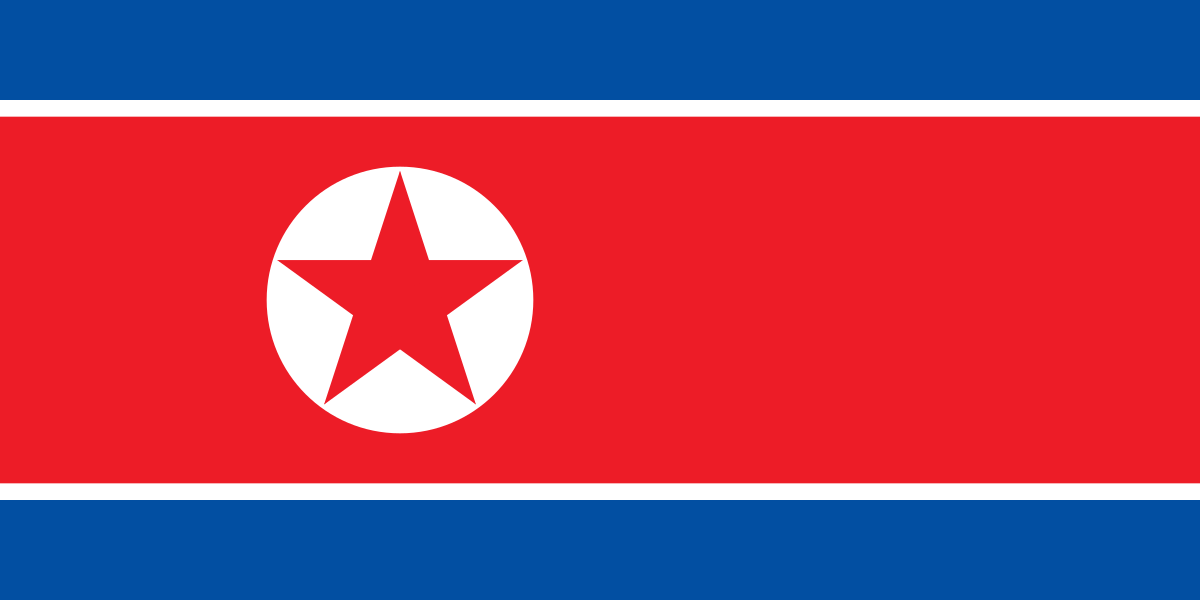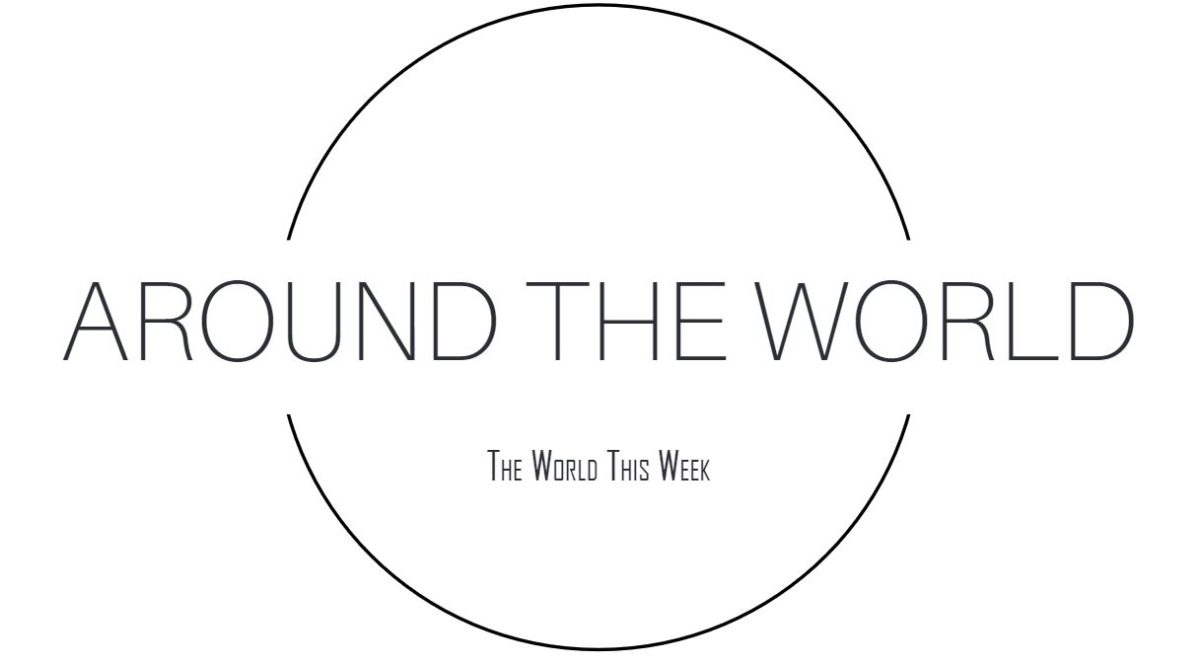One of the topics that do not receive enough attention in the news is the armed conflict in Darfur, a region within the African country Sudan. Since 2003, there has been a war going on in Darfur, and many human rights violations have taken place. In this article, I will present a brief overview of the history of the conflict, the nature of the conflict, the consequences, the international response, and the current situation.
History and Beginning of Conflict
Darfur is a region in the western portion of Sudan that is roughly the size of Spain. There are historical tensions between the peoples of Darfur. These tensions include territorial disputes between livestock herders and sedentary farmers, ethnic conflicts, scarcity of water, and lack of resources. Since the 1990s, the Arabs that control the Sudanese government have practiced racist acts against the non-Arab people of Darfur. Discontent with this situation built up, leading to violent attacks on government buildings in Darfur. The attacks were carried out by two rebel groups, the SLM/A (Sudan Liberation Movement/Army) and JEM (Justice and Equality Movement).
The Janjaweed

In response, the government recruited and trained militias known as the Janjaweed. The word Janjaweed can be translated to mean “man with a gun on a horse”. The Janjaweed would target and destroy non-Arab villages through raids, while Arab villages were left untouched. A raid would typically begin with airstrikes by government planes and helicopters. In a few hours, the Janjaweed would arrive in the village mounted on horses and technicals (pickup trucks with mounted machine guns). They would then use “scorched earth” tactics against the residents of these villages, including rape, murder, torture, starvation, and forced displacement. Over the course of this conflict, several hundred thousand people have been killed, and more than 2.8 million have been displaced. As shown in the map, over 3,300 villages have been destroyed or damaged as of August 2009.
The government denies working with the Janjaweed, but evidence such as airstrikes by government planes, Janjaweed mingling with military personnel, and Janjaweed wearing military uniforms suggest otherwise. In addition, Janjaweed commanders have admitted that they attack villages on government orders.
Displaced People
The millions who were displaced by the Janjaweed’s attacks in Darfur went to neighboring countries such as Chad to escape the violence. However, Chad has limited resources to help these refugees, so they often lack food, water, shelter, and medical care. Chad’s military has also had skirmishes with the Janjaweed when the latter tried to chase the refugees over the border.
International Response
Many notable governments, organizations, and individuals have announced their opposition to the violence in Darfur, but little has been done to end the conflict. Organizations such as the United States Congress and individuals such as Colin Powell, Barack Obama, and Hillary Clinton have deemed the conflict to be genocide. The African Union and United Nations have sent thousands of peacekeeping troops to Darfur, but they have not been able to stop the violence. This is in part to the fact that the peacekeepers are only authorized to act defensively to protect civilians. At least four ceasefire and peace agreements have been made, but fighting still continues.
Omar Al-Bashir, the President of Sudan, has been accused of multiple war crimes. The International Criminal Court, a court that prosecutes individual for crimes against humanity and war crimes, issued a warrant for Mr. Al-Bashir’s arrest. When he arrived at an African Union conference in Nigeria this July, lawyers filed a lawsuit against him on charges of genocide, and he immediately left.
The UN is having difficulty imposing sanctions on the Sudanese government as there are two powerful countries opposing this: China and Russia. Since Sudan is rich in oil, China feels the need to keep a good relationship with the Sudanese government. Russia sells weapons and military equipment to Sudan, and so does not want to criticize its customer.
Current Situation
The Sudanese government and the JEM made a ceasefire agreement in February 2010. However, the JEM claims that the government launched new attacks on villages, and so is boycotting the peace talks in retaliation. About 300,000 people were displaced between January and May of this year. In August, over a hundred people were killed due to a petty land dispute that escalated into a larger conflict.
Conclusion
The situation in Darfur has been dire for about a decade now, and attempts to resolve the conflict have repeatedly failed. This might be because efforts so far have focused mostly on ending the conflict, rather than addressing the root causes of it. As mentioned before, one of the core causes of the war may be lack of resources, particularly water. Darfur has an arid climate, and the Sahara Desert covers part of Northern Darfur. In addition, climate change is gradually decreasing the amount of land available for farming, worsening the conflict. Therefore, ending the conflict in Darfur requires not only peace talks, but also increased access to water and other natural resources. In 2007, a giant underground lake in Darfur was detected through remote sensing. Although there is a debate among scientists as to whether this underground lake dried up thousands of years ago, this find brings hope. It will most likely take several years to find out if the lake will help end the conflicts in Darfur.






























